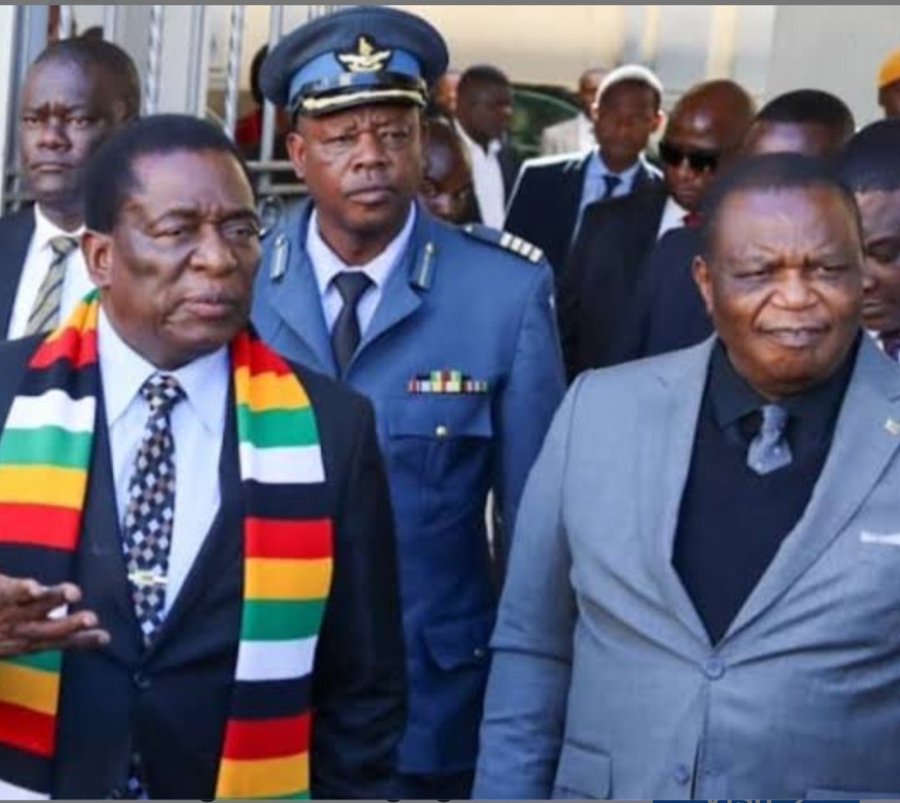ZIMBABWE’S NEW DEPUTY MINISTERS: A WASTE OF RESOURCES?
Zimbabwe has once again made headlines with the appointment of two new deputy ministers. This decision has sparked a lot of debate about the size of the government. Many people are asking if these positions are really necessary, especially when the country is facing serious economic problems.
In Zimbabwe, deputy ministers have a very limited role. They do not sit in the cabinet, which means they are not part of the main group that makes important decisions for the country. They also cannot act as ministers when the main ministers are not available. This means that their power and influence are very limited. Despite this, deputy ministers enjoy many benefits. They get large salaries, fancy houses, cars, and other perks, all paid for by the government.
This is a big problem when you think about the state of Zimbabwe today. Many of the country’s roads are in bad shape. Hospitals do not have enough equipment or medicine. Schools are not able to give children the education they need. In such a situation, spending money on deputy ministers seems like a waste. The money used to pay for their luxury lives could be used to fix roads, improve hospitals, and give children a better education.
Many critics are angry about this. They believe that the government should be spending money on things that will help the people. If the money used for the deputy ministers was spent on important projects, it could make a big difference. Fixing roads, improving healthcare, and building better schools would help Zimbabweans live better lives and could even help the economy grow in the long term.
Some people in the government might say that these deputy ministers are important. They may argue that they help the main ministers do their jobs and that the government is complicated, so having more people in these roles is helpful. However, this is hard to believe when there are no clear results to show that having more deputy ministers is making the government run better.
The real issue is that the cost of keeping these deputy ministers is very high, but the benefits are not clear. The people of Zimbabwe, who are already struggling, are the ones paying for this through their taxes. It is unfair to expect people who are living in poverty to pay for officials who are not making a big difference in their lives.
This is not a problem that only Zimbabwe faces. Many other developing countries also have large governments with many officials. These countries, like Zimbabwe, have limited resources. They have to make hard choices about how to spend their money. But Zimbabwe is a clear example of what happens when the government spends too much on itself and not enough on the people.
The debate about deputy ministers is really a bigger question about what the government should be focusing on. Should it be spending money on officials, or should it be spending money on things that will help the country grow? It is also a question of accountability. The people of Zimbabwe need to be able to trust that their government is spending money wisely.
In the end, adding more deputy ministers is a sign of a bigger problem in Zimbabwe’s government. The government seems to be out of touch with what the people need. As long as the government stays big and keeps spending money on things that do not help the country, it will be hard for Zimbabwe to move forward.
It is time for the government to take a hard look at itself. It needs to stop wasting resources and start focusing on what really matters. The people of Zimbabwe need better roads, better hospitals, and better schools. They do not need more deputy ministers. It is time for the government to make better choices and spend money in a way that will help the country grow and prosper.

